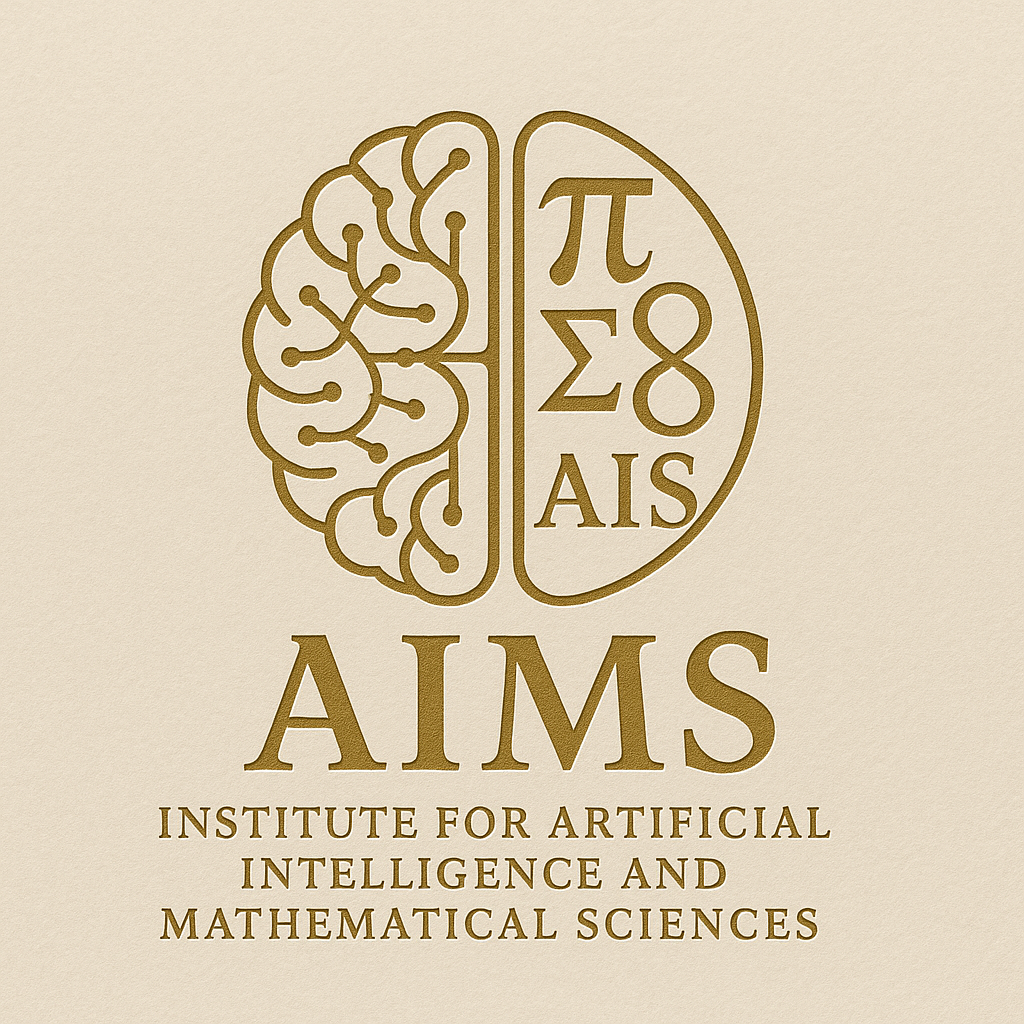Special Session at ICMS 2026
Computational Aspects of Weighted Projective Spaces (Registration)
Organizers:
Jurgen Mezinaj (Oakland University, USA)
Sajad Salami (Rio de Janeiro, Brazil)
Tony Shaska (Oakland University, USA)
Aim and Scope
Weighted projective spaces and their graded analogues provide the natural framework for a wide range of problems in algebraic geometry, arithmetic geometry, computational number theory, and artificial intelligence. They appear in the classification of singularities, moduli of curves, toric and orbifold geometry, and the theory of graded rings and invariants.
Their computational study is central to tasks such as computing invariants of singular varieties, resolving quotient singularities, point-counting over finite fields, determining zeta functions, and analyzing moduli of hypersurfaces. Recent developments extend these ideas to graded neural networks, graded transformers, and graded codes, where graded vector spaces model hierarchical, weighted, or symmetry-structured data.
This session brings together researchers developing algorithms, symbolic methods, numerical tools, and open-source software for weighted and graded projective geometry, with applications spanning algebraic geometry, arithmetic geometry, coding theory, and AI.
Topics of Interest
Computational Algebraic Geometry
Algorithms for divisor class groups, Picard groups, and Cox rings of weighted projective varieties.
Computation of Hilbert series, syzygies, Gröbner bases, and resolutions in weighted settings.
Intersection theory on weighted projective varieties; orbifold Chern classes; discrepancy and singular strata.
Cohomology of line bundles, reflexive sheaves, and graded modules.
Symbolic and numerical methods for quasismooth hypersurfaces and complete intersections.
Arithmetic of Weighted Projective Varieties
Point-counting on weighted projective spaces and hypersurfaces over finite fields.
Computation of zeta functions, L-polynomials, and exponential sums for weighted varieties.
Distribution of rational points on moduli spaces with weighted structures.
Weighted heights, arithmetic invariants, and algorithms for moduli of binary and superelliptic forms.
Applications to error-correcting codes (AG codes, graded codes, weighted quantum codes).
Software and Implementation
Open-source tools for weighted projective geometry: Python, SymPy, SageMath, Singular, Magma, Maple, Macaulay2.
Data structures for graded rings, fast linear algebra over weighted monomial orderings.
Interoperability between symbolic systems and numerical AI frameworks.
High-performance computing for large-scale point-counting and zeta-function calculations.
Benchmark datasets and standardized test suites for weighted computations.
Graded Structures in AI and Coding Theory
Graded neural networks and architectures respecting weighted symmetries.
Graded transformers for hierarchical or structured data.
Graded autoencoders, graded diffusion models, and representation learning with algebraic constraints.
Weighted and graded algebraic codes; applications to quantum error-correcting codes.
Motivation and Expected Impact
Weighted projective spaces provide a rich testbed for computational algebraic geometry, singularity theory, and arithmetic geometry. Their graded structure aligns naturally with modern AI architectures and symbolic-numeric hybrid methods.
By connecting tools from algebraic geometry, arithmetic, coding theory, and artificial intelligence, this session aims to create a unified platform for the development of algorithms, open-source implementations, and reproducible computational frameworks.
ICMS 2026 offers an ideal venue to bring together mathematicians, software developers, and computational scientists to share advances, compare methodologies, and outline future directions toward a comprehensive computational theory of weighted and graded projective spaces.
Keywords:
Weighted projective spaces, graded geometry, symbolic computation, finite fields, point-counting, zeta functions, Python, SymPy, SageMath, AI, graded neural networks.
Contact and Webpages
Organizers’ Webpages:
Jurgen Mezinaj: https://sites.google.com/risat.org/home/people/mezinaj
Sajad Salami: https://sites.google.com/view/sajad-salami
Tony Shaska: https://sites.google.com/risat.org/home/shaska
Session Webpage:
https://sites.google.com/risat.org/home/conf/icms-26
Registration
